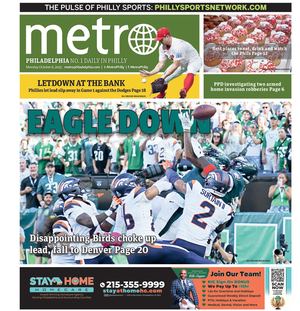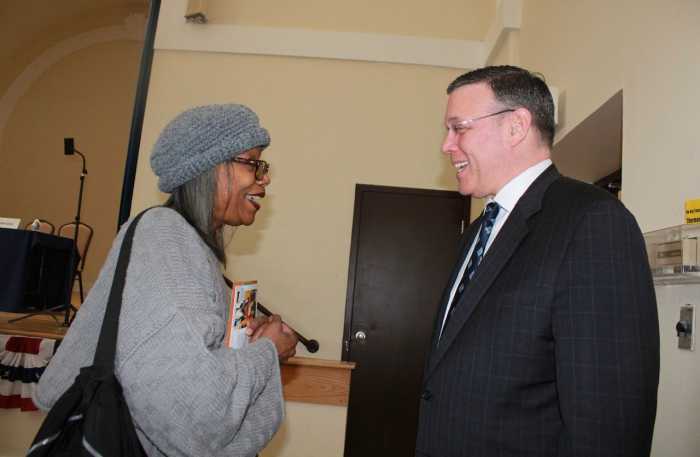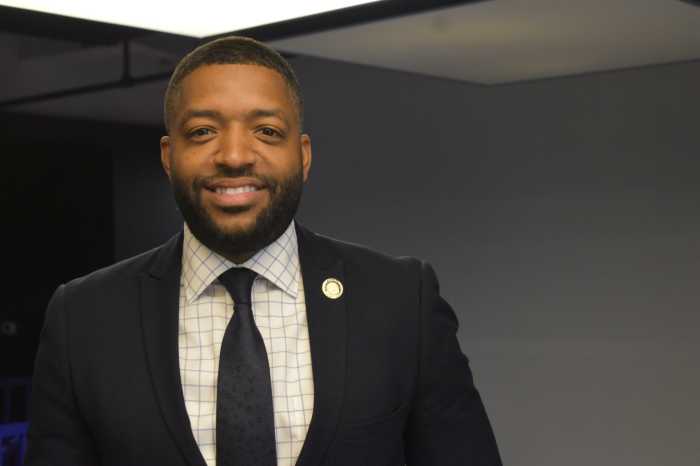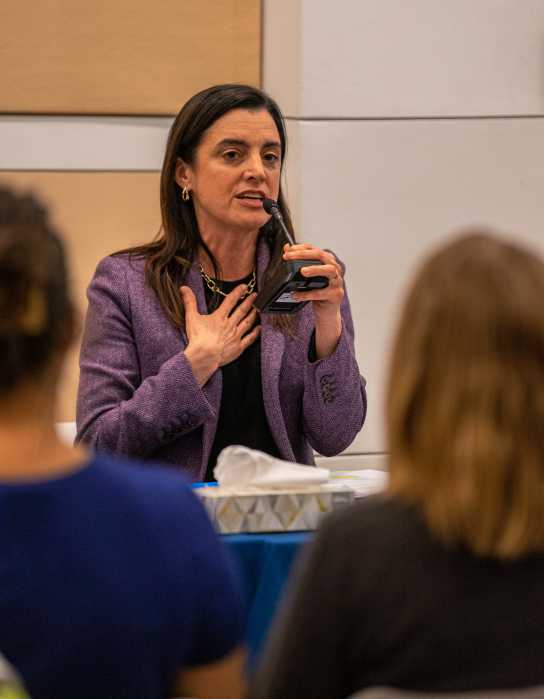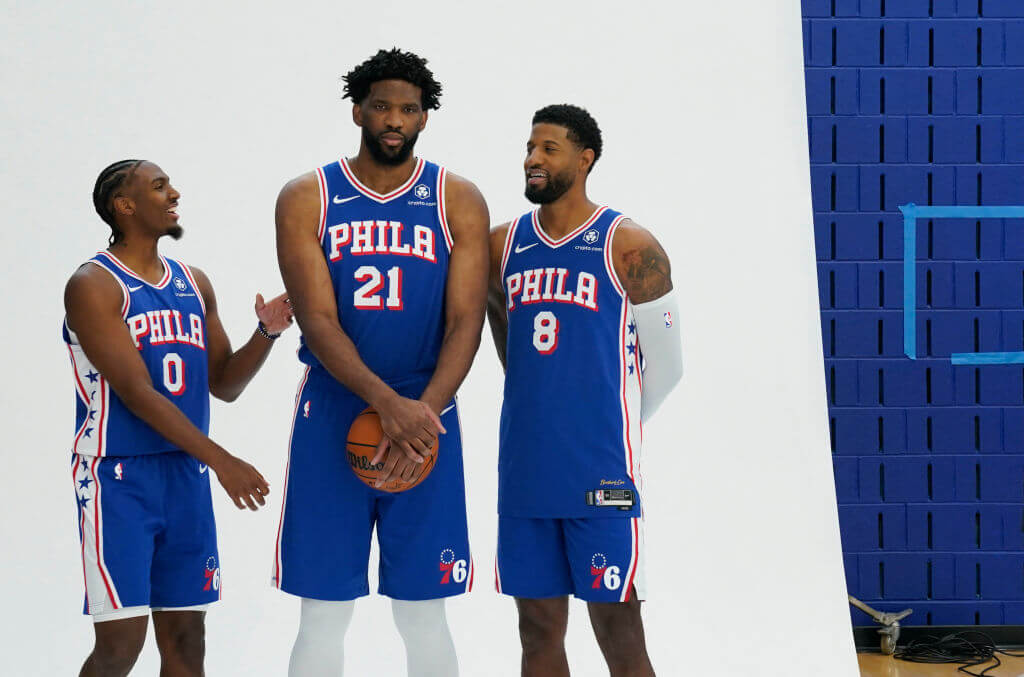Cherelle Parker on Monday morning met with Gov. Josh Shapiro and held a news conference, her first since winning last week’s primary election to become the Democratic nominee for mayor.
“Our message has taken hold across the city, but most importantly in the neighborhoods and the communities who are closest to the pain of gun violence, neighborhood blight, struggling schools and, quite frankly, a lack of economic opportunity,” Parker said.
She garnered nearly a third of the ballots in a crowded field, earning 24,000 more votes than former City Controller Rebecca Rhynhart, who finished second.
Parker, a former City Council member and state representative, said her victory is a “unifying moment,” and she told reporters she plans to sit down with the other Democratic candidates who ran for mayor.
“I don’t care who you voted for,” she added. “I don’t care what section of the city you live in, your zip code, what your political philosophy or ideology is.”
Democrats outnumber Republicans 7-to-1 in Philadelphia, so Parker will be heavily favored to beat GOP nominee David Oh in November’s general election. Oh and Parker served together in council before each resigned to run for mayor last year.
If elected, Parker would become the city’s first female mayor. At Monday’s news conference, she credited former Pennsylvania Secretary of State C. Delores Tucker, state Sen. Roxanne Jones and council members Marian Tasco, Augusta Clark, Anna Verna and Joan Krajewski for paving the way.
“I saw them doing their work,” said Parker, whose political career began in Tasco’s office.
Her conversation with Shapiro focused on “ways to find bipartisan support to fund some of our biggest initiatives,” Parker said, adding that topics included public safety, cleanliness, small business support and education.
“Proud to stand with my friend of nearly two decades, Philadelphia’s barrier-breaking Cherelle Parker,” Shapiro tweeted Monday. “I’m optimistic our Commonwealth’s relationship with the city of Philadelphia will be stronger than ever.”
Shapiro and Parker both joined the state House of Representatives as part of a crop of young legislators in 2005.
Parker, until Monday, had been somewhat silent, though not of her own accord. She was hospitalized on the night of the election due to pain stemming from a jaw surgery on May 12.
“I wanted to jam,” she said. “And I couldn’t jam that night because my jaw was throbbing, and it required that I go to the hospital.”
In February, her dentist found a decades-old root canal that had fractured and recommended oral surgery immediately, but she delayed the procedure to continue campaigning, Parker said.
After finally getting the surgery, on the Friday before the primary, she kept to her schedule. But she said the pain worsened, and she was treated at the Hospital of the University of Pennsylvania May 16 and released the following morning.
